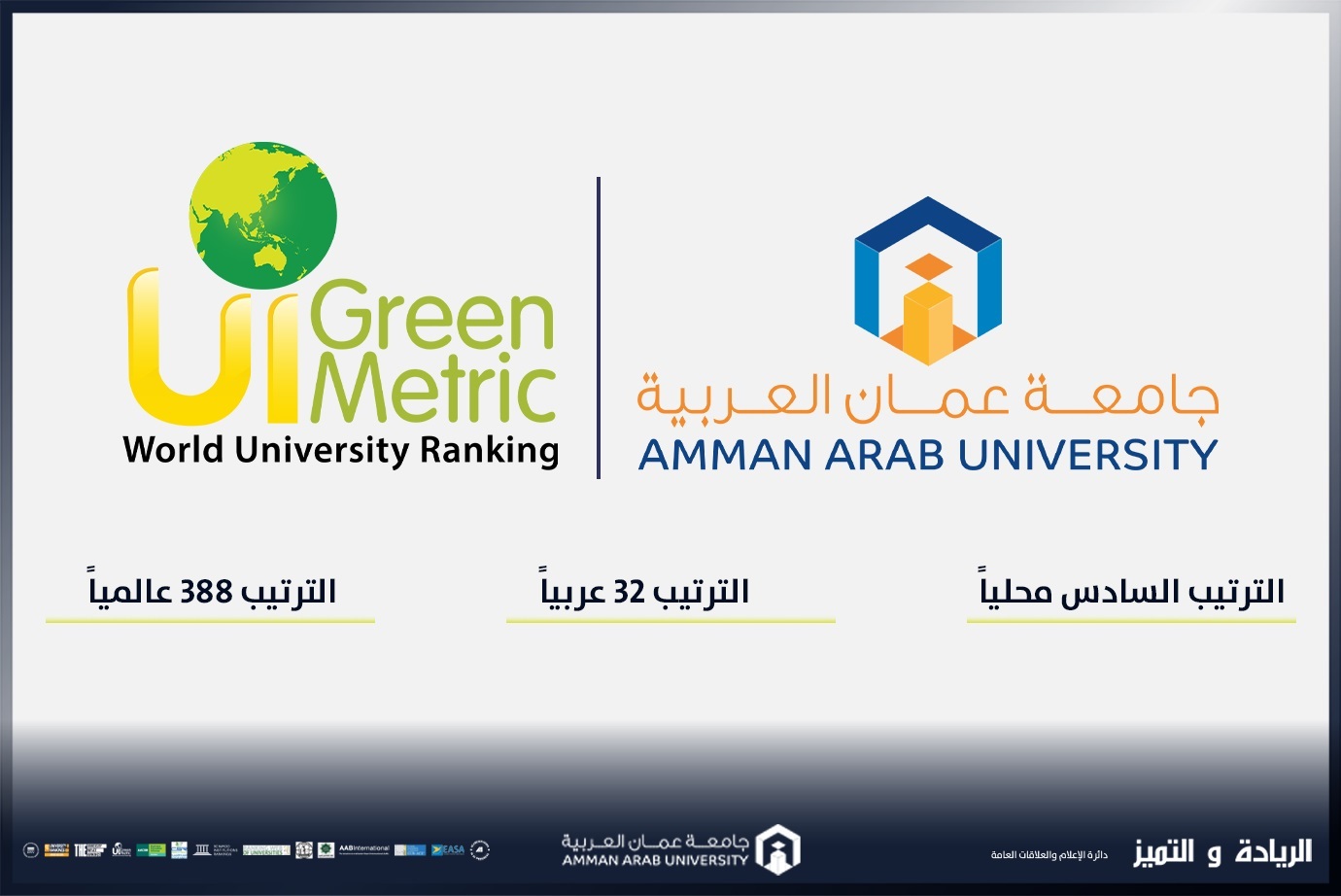Chairman of the Integrity and Anti-Corruption Commission, Lectures at Amman Arab University
Chairman of the Integrity and Anti-Corruption Commission, Dr. Muhannad Hegazy, said that the world has recently witnessed developments in all fields, and it has become as if it were one country in light of the multiplicity of relations and the intertwining of interests among countries and individuals around the world. These interests stem from the spread of corruption as the enemy that awaits human progress.
A symposium organized by Amman Arab University in cooperation with the Integrity and Anti-Corruption Commission, entitled "Strengthening Integrity and Combating Corruption in Jordan", in which Prof. Mohamad Al-Widyan, President of the University, Director of the Integrity and Prevention Directorate and Director of the Investigation Directorate of the Commission participated.
The Chairman of the Commission added that the crime of corruption has become a matter of concern to the countries of the whole world, after it has become a transnational organized crime, which prompted the United Nations to issue the "United Nations Convention against Corruption" 2004, which is the first and only international document in terms of dealing with this subject. It adopted a number of legislative and non-legislative measures, as well as established a mechanism to monitor all provisions of the Convention, and urged member states to strengthen judicial cooperation to combat this crime.
During the symposium, which was moderated by Dr. Zaher Al-Qurashi and attended by deans of faculties, faculty members and a number of students, Hijazi stressed the importance of cooperation, coordination and concerted efforts between all segments of society, public administration institutions, and educational institutions (schools and universities), to combat the scourge of corruption, raise awareness of its dangers, and demonstrate its negative effects. On the development process of society, threatening social peace and weakening the spirit of citizenship and belonging.
For his part, the President of the University, Prof. Mohamad Al-Widyan, praised the efforts of the authority in combating corruption, and said that the authority manages a very important and sensitive file, and that it is a national institution acclaimed at all levels. Its various spectrums and components, as it pays great attention and consideration to the directives of His Majesty King Abdullah II, regarding the awareness and educational role of the nation’s youth, led by university students in higher education institutions, pointing to His Majesty’s focus in many discussion papers on building youthful generations aware of all that is going on. Around it from various aspects of life, especially the principles of integrity and the fight against corruption in all its forms.
The Director of the Investigation Directorate and the Director of the Integrity and Prevention Directorate at the authority provided detailed explanations about the authority’s work mechanisms in the axes of law enforcement, integrity and prevention, and corruption crimes that fall within the authority’s competences, referring to the directorates and sections created by the authority, which contributed to strengthening the authority’s role in combating corruption. They also clarified the national integrity standards approved by the Commission’s Council and the mechanisms implemented by the Commission to consolidate them in public administration institutions, stressing the importance of cooperation to eliminate all forms of corruption and phenomena that affect societal security and undermine the values of justice and equality in it, such as the phenomenon of wasta and nepotism, which is one of the The most dangerous form of corruption is because it weakens trust in state institutions and deepens the sense of injustice.
At the end of the symposium, an extensive discussion took place among the attendees, during which their questions and inquiries were answered, which revolved around the authority’s role in recovering funds arising from acts of corruption, cooperation between the authority and regulatory institutions similar to its work in Arab countries, and the effects of corruption acts on the social, political and economic levels.







